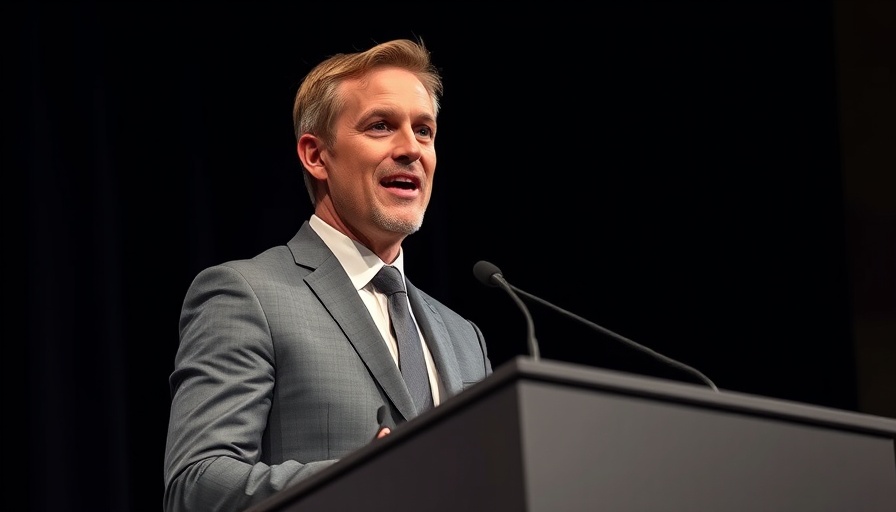
The Giants' Bold Move: A $100 Million Investment in the Future
The New York Giants made headlines recently with their substantial commitment to enhancing their roster, pouring nearly $100 million into free agency. The team focused on improving their secondary by signing standout players, including cornerback Paulson Adebo and talented safety Jevon Holland, marking a significant strategic shift aimed at revitalizing their defense and overall team performance.
Evaluating the Giants’ Investment Against Market Trends
The Giants’ decision mirrors a broader trend in Major League Baseball (MLB) towards heavy investments from private equity firms. As teams face rising costs and an increasingly competitive environment, many franchises are seeking alternative funding sources. The San Francisco Giants, for instance, recently sold a 10% stake to the private equity group Sixth Street to fund stadium upgrades and other developments. This strategy underscores a growing trend where teams are not just relying on ticket sales and merchandise but also securing capital through private equity to improve facilities and player rosters.
Why These Investments Matter: The Long-Term Benefits
Investing in player talent and facilities is not merely about immediate success on the field; it's about building a sustainable future. Enhanced team performance can lead to increased ticket sales, higher merchandise revenue, and greater visibility, which can significantly boost a team's valuation over time. As noted by Giants president Larry Baer, significant upgrades to facilities will not only benefit the team but also strengthen ties with the local community, creating an environment favorable to fan engagement.
Geopolitical Implications of Sports Investments
The increasing intersection of sports and finance expands well beyond the field. Socioeconomic conditions, such as locality and community investment, are crucial to creating a successful franchise model. The Giants’ focus on community-oriented upgrades, such as enhancing Oracle Park, illustrates a shift from transient investments toward sustained community involvement and operational stability. As private equity firms engage more deeply with sports franchises, the potential for long-term gain is even greater.
Future Predictions: What This Means for Other Teams
As the Giants take these bold steps, one can expect other franchises to follow suit, especially those struggling to maintain competitive edge and profitability. Teams that integrate private equity funding and commit to robust roster improvements could capitalize on the benefits of improved performance and community support, establishing a new standard across sports leagues.
Looking Ahead: A Cultural Shift in Sports Investments
The Giants’ investments discuss a cultural shift within sports toward valuing long-term strategy over short-term gains. As franchises increasingly view themselves as community pillars, there’s potential for a greater integration of players with local initiatives, creating a powerful symbiotic relationship that enhances both the team's success and community engagement.
Engagement with Fans: The Emotional Connection
For fan engagement, these investment strategies can reignite local and national interest in the franchise. Fans want to see their teams making responsible investments not just in players, but also in the community. Successful franchises will be those that can foster emotional connections, ensuring loyal supporters feel a part of the team’s journey and successes.
Call to Action: Joining the Journey
The Giants' bold financial moves represent a significant opportunity in the sports landscape. As they continue to rebuild and redefine their franchise, fans are encouraged to engage with their favorite team. Whether through attending games, participating in community events, or simply staying informed about team news, every fan plays a vital role in the team’s development.
 Add Element
Add Element  Add Row
Add Row 



 Add Row
Add Row  Add
Add 


Write A Comment